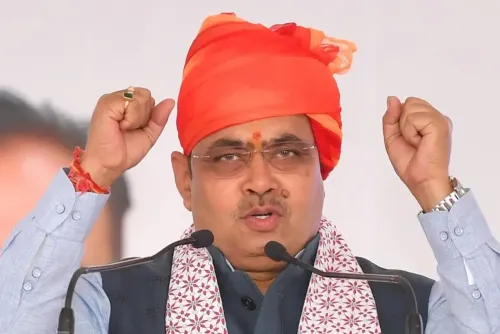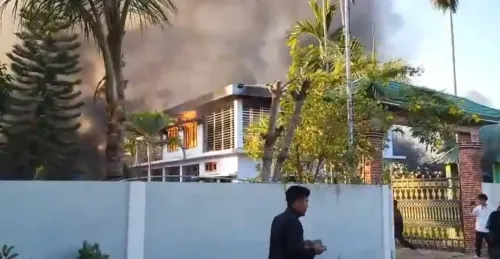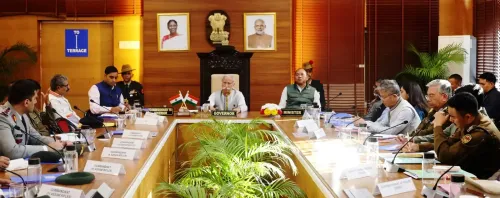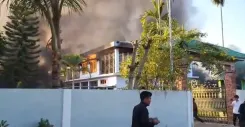Delhi Suffers as Air Quality Remains in 'Very Poor' Zone for 7 Days
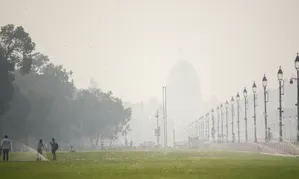
New Delhi, Dec 1 (NationPress) The air quality in the national capital has been classified as “very poor” for seven straight days as of Sunday, with the Air Quality Index (AQI) reaching 346, based on data from the Central Pollution Control Board (CPCB).
The Air Quality Early Warning System indicates that unfavorable weather conditions will likely maintain these elevated pollution levels for the coming three days.
Among the monitoring stations across the city, Shadipur reported the most alarming air quality, surpassing into the “severe” category with an AQI exceeding 400. Rohini recorded the highest AQI of 340 in the morning, followed by Bhalswa landfill at 336, Dwarka at 334, and Alipur at 332. Najafgarh reported the lowest AQI at 292, still categorised as “poor”.
The CPCB categorizes AQI levels between 301 and 400 as “very poor”, while anything above 400 falls into the “severe” category, indicating serious health hazards.
Delhi’s 24-hour average AQI, noted at 4 p.m. on Saturday, was 346, a slight deterioration from Friday’s 331. This indicates a continuous drop in air quality as pollution intensifies with the arrival of winter.
In light of this troubling situation, the Supreme Court has mandated the execution of all measures under Stage 4 of the Graded Response Action Plan (GRAP-4), barring any school closures.
GRAP-4 enforces rigorous restrictions on construction activities, industrial emissions, and other pollution-heavy operations. The court has expressed alarm over failures in implementing these guidelines and has cautioned that responsible officials could face legal repercussions.
While physical classes are still permitted, the court has opted not to lift restrictions under GRAP-3 or GRAP-2 until there is a reliable decrease in AQI levels. It also directed state governments to allocate the labour cess collected to assist construction workers affected by the ongoing construction halt.
Authorities have already imposed various restrictions under GRAP-4, including a prohibition on non-essential trucks entering Delhi, except those transporting essential goods or using cleaner fuels such as LNG, CNG, BS-VI diesel, or electricity.
Public infrastructure project construction has also been paused to reduce dust pollution, which is a significant contributor to the current crisis.
The deteriorating air quality poses considerable health threats to the residents of Delhi.


